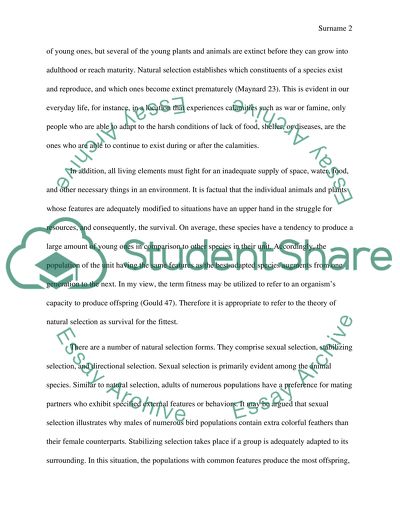Cite this document
(“Darwin Essay Example | Topics and Well Written Essays - 1250 words”, n.d.)
Retrieved from https://studentshare.org/philosophy/1468988-darwin
Retrieved from https://studentshare.org/philosophy/1468988-darwin
(Darwin Essay Example | Topics and Well Written Essays - 1250 Words)
https://studentshare.org/philosophy/1468988-darwin.
https://studentshare.org/philosophy/1468988-darwin.
“Darwin Essay Example | Topics and Well Written Essays - 1250 Words”, n.d. https://studentshare.org/philosophy/1468988-darwin.


